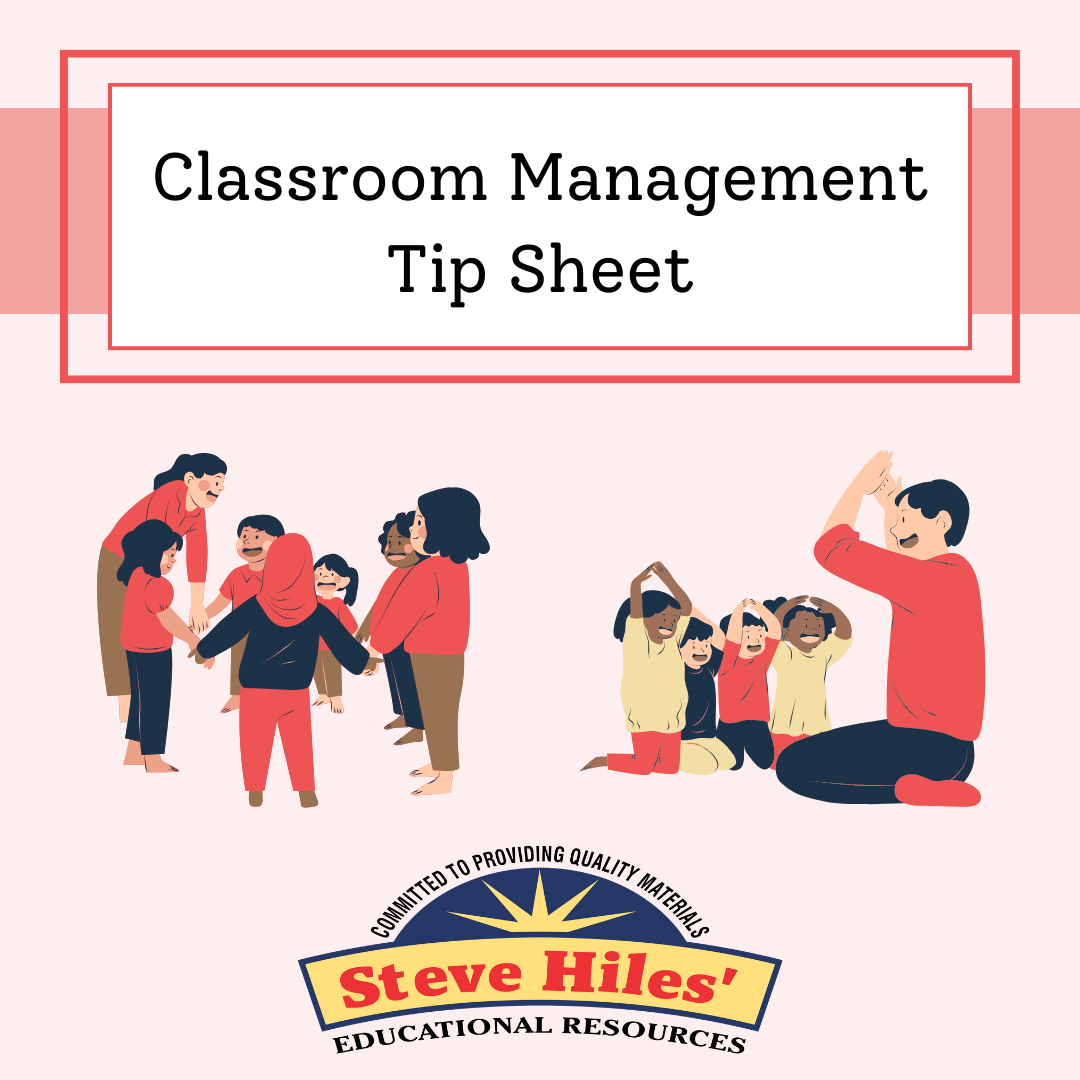Some Brain Games come in the form of illusion games. You will also find these ones free online. Illusion games are created to help you inspire and strengthen your visual perception. The goal here is to use illusive objects to bend your perception. The concept is founded on the notion that our minds are some sort of mediators that often seek to bring out the facts from any situation. These illusions then, are optical objects that result in unlike patterns that oppose ending comparable lines. They include the use of background elements, which are added to the way the designs are basically structured.
Most theorists believe we are influenced by our experiences. It also means that we can adjust our perception of things to balance regions of higher contrasting after-image that results in a movement of the eye from our motions or kinetic abilities. Illusions can have you believe you have no way of reading between the lines produced by motion and its structuring of objects from the background of an image. Optical illusion is that solid tool that helps you focus. When you can optimally use optical illusion and successfully find solutions to solve the problems, thus expanding the scope of your awareness. Optical illusion makes use of objects arranged in parallel lines to make a point. From what used to be a Greek test, optical illusion has now become quite popular in offices today.
Creators of optical illusion games would attempt to make you believe that something, which is real, isn’t real. Or vice versa. For example, they take an optical illusion of an object, say blocks, and alter the blocks in such a way that most of them would appear to be the same in appearance, while making one stand out as different. By doing so, the creator has managed to use motion to convince you that all the blocks are the same.
Brain Games could may also include mathematical figures and/or numbers or a combination of both. For example, one of the popular Brain Games is a series of figures. In that game you’re given 2… 4… 13… 35.. 113. You would then have to locate where those numbers are in the puzzle using a predetermined mathematical strategy.
Lateral puzzles are also very important members of the Brain Games family. These puzzles are designed to make you think outside of the box.
You could get something like this: “If John doesn’t walk to the store at 8pm and returned at 8:05, how far did John Doe have to walk?” In this case, you have to estimate the distance John walked in five minutes. Lateral puzzles are mind bogglers. In this case, you’re not sure whether John Doe lived close to the store or he was simply a fast walker.
Some Brain Games come in riddle format. Riddles are also very good for stimulating the mind, because you obviously have to think and ponder over a problem before giving an answer you think is right. For example, “what is Mardi Gras?” Since Mardi Gras is a festival filled with fun packed activities, Mardi Gras is defined as “Fat Tuesday”.
Toys As Brain Games
When we get past puberty, our brains tend to take a back road, going down the wrong route. The minds tends to begin the descent downhill into a state of hibernation. Our brain requires a lot of stimulating activities to keep it in an active state. In this the brain is just like the body, which needs physical exercise to stay in shape. Of course, the brain’s type of activities are mental, and one of the best way to do it is in form of learning. Of course, you should not wear out your brain with incessant learning activities. You need to take ample breaks in between learning, as well as a lot of sleep. Once it is well rested, the brain is motivated and healthy enough to carry on learning.
In 1954, Walt Disney was the first to envision a new form of entertainment that melded traditional fun and education—a form that he dubbed “edutainment.”







